Single Cask Cognac – Whyever Not?
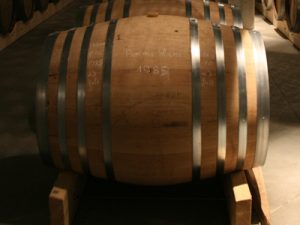 Single Cask is a term well known in the whisky industry, it certainly gives a product increased status and price but why is that? The phrase Single Cask suggests a unique glimpse into a particular set of circumstances that has given rise to a one-off personality. The whisky may be from a certain year where the distillery was using a particular mashing regime, yeast strain or set of stills. It may have been stored in a warehouse that is known to provide certain conditions. The barrel itself is unique as no two trees are identical and coopers’ techniques differ, so the flavours that develop will be only found in that cask. Every distillery has its official range of bottlings which are created to please as many people as possible, but a Single Cask captures the stage before the identity is lost in the blend. For distillery fans, this takes their experience a step further. Rarity imparts value and so a Single Cask will be highly sought after.
Single Cask is a term well known in the whisky industry, it certainly gives a product increased status and price but why is that? The phrase Single Cask suggests a unique glimpse into a particular set of circumstances that has given rise to a one-off personality. The whisky may be from a certain year where the distillery was using a particular mashing regime, yeast strain or set of stills. It may have been stored in a warehouse that is known to provide certain conditions. The barrel itself is unique as no two trees are identical and coopers’ techniques differ, so the flavours that develop will be only found in that cask. Every distillery has its official range of bottlings which are created to please as many people as possible, but a Single Cask captures the stage before the identity is lost in the blend. For distillery fans, this takes their experience a step further. Rarity imparts value and so a Single Cask will be highly sought after.
Many of these special characteristics can also be found in cognac production. Every year the very best cognacs are selected for long-term ageing, rather than joining the thousands of others destined to be blended. The cellarmasters’ skills are paramount in bringing these chosen nectars to optimum maturity and many variations to the ageing process maybe employed. So why are these cognac vintages or age statements not designated as Single Cask? Perhaps the answer lies in the finer detail.
Amazingly, an industry-wide definition of Single Cask does not exist, but The Scottish Whisky Association (SWA) is clear on the rules that it enforces. They feel that to be classed as Single Cask, the spirit must remain in the same barrel from the moment the spirit is filled until the moment it is bottled, without any revatting or finishing. Therefore “a sherry finished single cask whisky” is not acceptable but a “single cask whisky finished in a sherry butt” is. It is accepted however, that all whiskies will move from one barrel to another in the early stages of maturation, it is what happens next that is important.
The process of moving from new to old wood in the initial stage also applies to cognac so, when a vintage is kept in the same old oak barrel throughout its maturation, it will be Single Cask. A problem arises though when there are multiple barrels of the same vintage which may be mixed for bottling. Unlike in the whisky industry, barrel numbering is not common. Cognacs can also be moved to different barrels during the ageing process. The cellarmaster seeks to guide the spirit’s maturation path by using newer and older oak barrels at different stages. This can really benefit the final quality and flavour of the cognac so is deemed to be more important than any benefits derived from being Single Cask. The rules of cognac production are strict; it may not be put into barrels that have held other types of spirit, but it may be put into previously used cognac barrels. The BNIC’s definition of Single Cask is a cognac that has always been stored in the same barrel so, the phrase could indeed be used to describe a particular barrel of cognac, but not as often as you might expect.

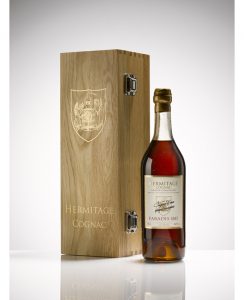 Our range of
Our range of  ►Nearly 300,000 jobs in the UK hospitality sector were lost between February and November last year. Over £53 billion was also lost in year-on-year revenue between April and September. The lack of Christmas trading will be an additional huge loss.
►Nearly 300,000 jobs in the UK hospitality sector were lost between February and November last year. Over £53 billion was also lost in year-on-year revenue between April and September. The lack of Christmas trading will be an additional huge loss. Apart from the recent flooding of the Charente, there is very little news from the Cognac region this winter 2021 as France went into a second national lockdown from October to December 2020. It had hoped to reopen cinemas, museums and theatres in January, followed by bars, restaurants, gyms and cafés later in the month but now, this will not be possible until mid-February at the earliest. A partial closure of the border with the UK will remain in place until further notice with second-home owners, tourists and those visiting family all barred. The country remains under an 8pm – 6am curfew but an earlier 6pm to 6am curfew – already in place in parts of Eastern France (see map) – is set to be extended to other areas. Although France is doing better than some of its neighbours, the number of Covid patients remains high.
Apart from the recent flooding of the Charente, there is very little news from the Cognac region this winter 2021 as France went into a second national lockdown from October to December 2020. It had hoped to reopen cinemas, museums and theatres in January, followed by bars, restaurants, gyms and cafés later in the month but now, this will not be possible until mid-February at the earliest. A partial closure of the border with the UK will remain in place until further notice with second-home owners, tourists and those visiting family all barred. The country remains under an 8pm – 6am curfew but an earlier 6pm to 6am curfew – already in place in parts of Eastern France (see map) – is set to be extended to other areas. Although France is doing better than some of its neighbours, the number of Covid patients remains high.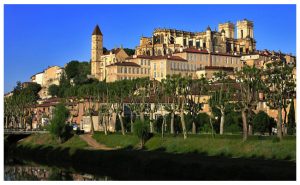 Armagnac
Armagnac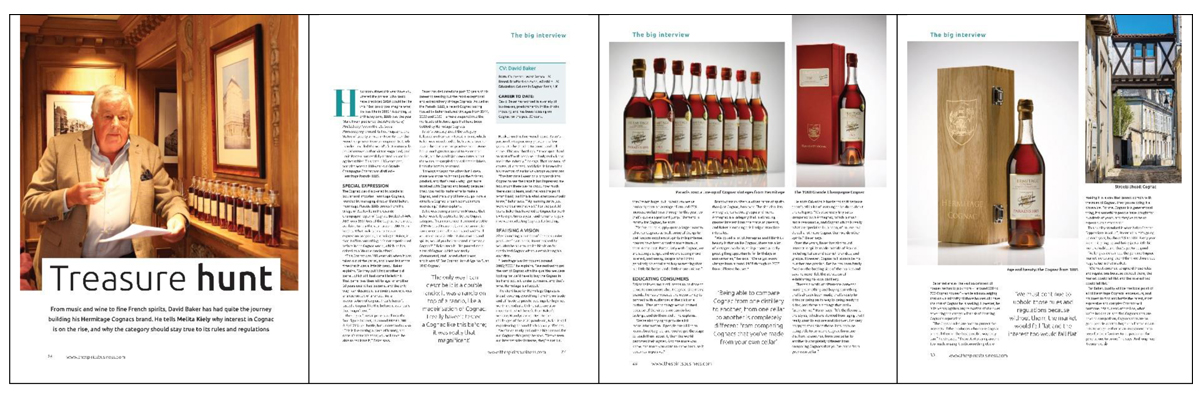
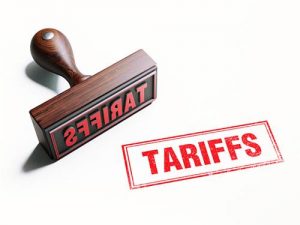 We waited with bated breath as the final details of the UK’s Brexit deal were agreed in December and were pleased to learn that there will be no tariffs due on the importation of
We waited with bated breath as the final details of the UK’s Brexit deal were agreed in December and were pleased to learn that there will be no tariffs due on the importation of 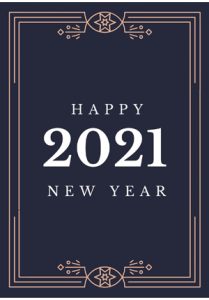 It is not the New Year 2021 many of us had hoped for but let’s hope there are improvements later in the year. We would like to thank all of our customers for their business to date and hope they stay safe and well during the forthcoming months.
It is not the New Year 2021 many of us had hoped for but let’s hope there are improvements later in the year. We would like to thank all of our customers for their business to date and hope they stay safe and well during the forthcoming months.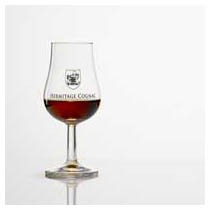 The digestif is an alcoholic drink served after dinner to aid digestion. So, one may ask, does it? Well yes it does. I guess that you would expect me to say this as
The digestif is an alcoholic drink served after dinner to aid digestion. So, one may ask, does it? Well yes it does. I guess that you would expect me to say this as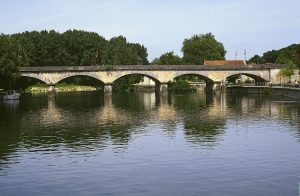 Once again at this time of the year we turn our attention to the harvest, the quality and size of this year’s crop. During a visit to the Charente a couple of months ago, in Autumn 2020, I was able to see the vineyards for myself and make a judgement as to the size of the potential harvest. Even then it was apparent that it was going to be big, providing the rain came at the right time. Well, the rain did come, not quite at the right time but enough to produce a substantial harvest. Although we do not have the final quantity yet, figures of around one million hectolitres of pure alcohol are being talked about. That is around 365 million bottles of
Once again at this time of the year we turn our attention to the harvest, the quality and size of this year’s crop. During a visit to the Charente a couple of months ago, in Autumn 2020, I was able to see the vineyards for myself and make a judgement as to the size of the potential harvest. Even then it was apparent that it was going to be big, providing the rain came at the right time. Well, the rain did come, not quite at the right time but enough to produce a substantial harvest. Although we do not have the final quantity yet, figures of around one million hectolitres of pure alcohol are being talked about. That is around 365 million bottles of